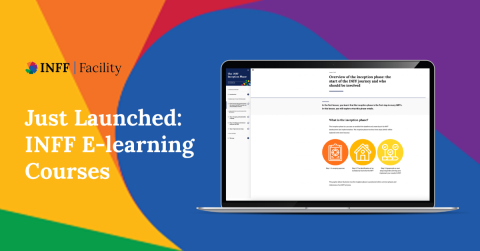More from UN DESA
Unlocking sustainable development financing through Integrated National Financing Frameworks (INFFs)

As countries worldwide work towards achieving the Sustainable Development Goals (SDGs) by 2030, financing becomes increasingly vital. In 2015, UN Member States adopted the Addis Ababa Action Agenda and agreed to use Integrated National Financing Frameworks (INFFs) to support nationally owned sustainable development strategies. Building on this commitment, the United Nations, with UN DESA leadership, has developed analysis and guidance to help countries implement integrated financing approaches at the national level.
Support to developing countries will be most effective if it is guided by nationally owned and nationally developed financing strategies. Through INFFs, countries develop a strategy to mobilise and align financing with all dimensions of sustainability, broaden participation in the design, delivery and monitoring of financing policies, and manage risk.
Today, more than 80 countries have embraced the design and implementation of INFFs. In the coming years these countries will formalise their financing strategies and look to bring their INFFs to maturity, delivering financing reforms that mobilise and align all types of finance to national development plans and the SDGs.
To support this growing trend and empower practitioners, the INFF Facility launched two flagship e-learning courses during the 2023 ECOSOC Financing for Development Forum held in New York in April. The courses aim to help practitioners understand INFFs and their potential to enhance national financing processes and policies.
The introductory course, “Integrated National Financing Frameworks (INFFs): An Introduction”, provides a condensed overview for those with limited time, while the in-depth course, “Integrated National Financing Frameworks (INFFs): From Theory to Practice”, delves into each building block, offering methods, tools, and practical tips for the inception phase and beyond. Both courses cover essential aspects of an INFF, including the building blocks, key stakeholders, and successful examples from early adopters. The courses cater to policymakers, experts, international organizations, development partners, and other interested parties involved in designing and implementing INFFs.
To learn more and enroll in the courses, visit inff.org.
 Welcome to the United Nations
Welcome to the United Nations